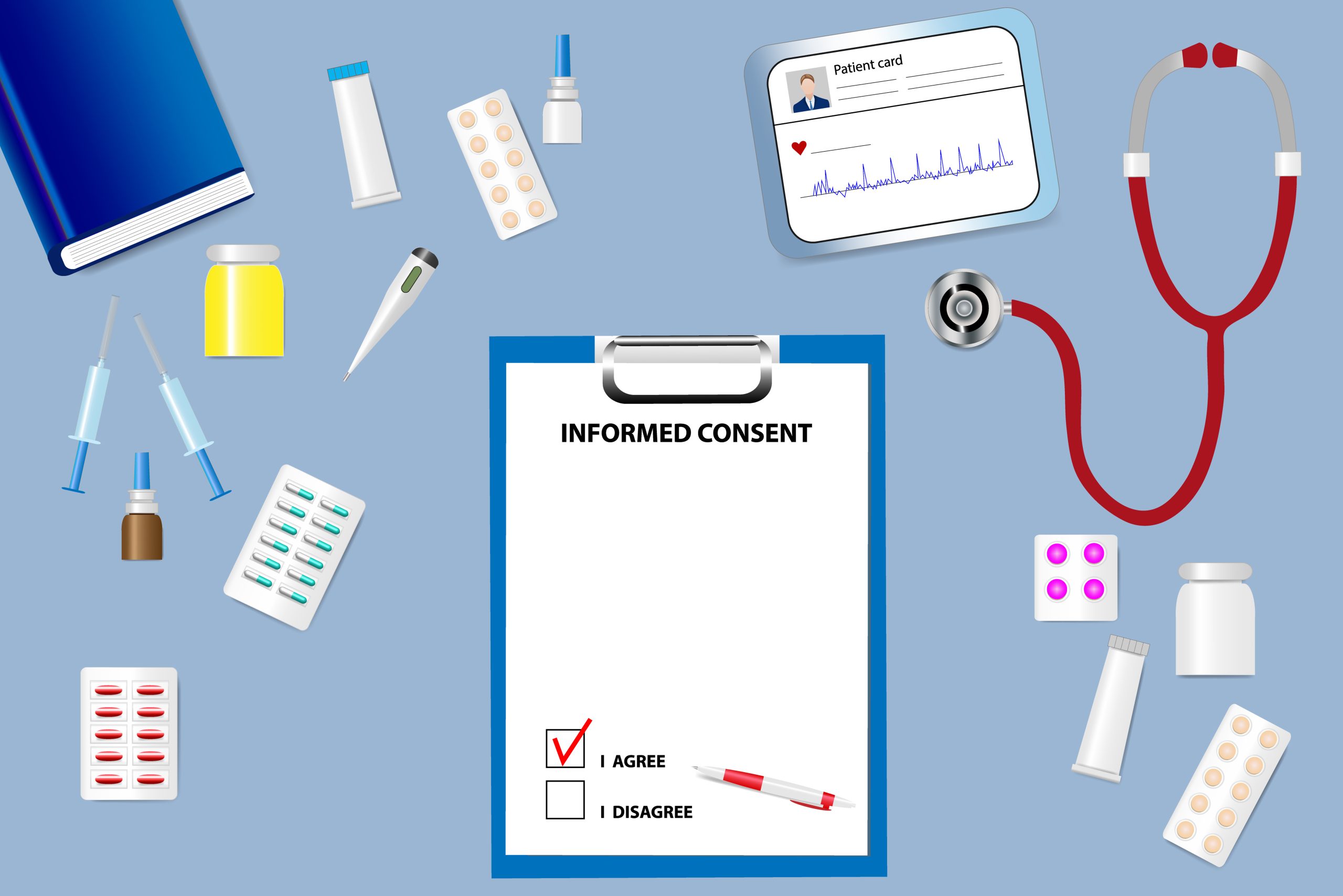The Indiana Court of Appeals recently ruled in favor of Eric McGowen (“McGowen”) in a counterclaim filed by Bradley Montes (“Montes”) for injuries Montes suffered when he rear-ended McGowen’s semi-truck, which was stopped on a county road while McGowen was attempting to assist another motorist who had been involved in a prior car accident. The…
Continue reading ›Your Future
Your Firm


















